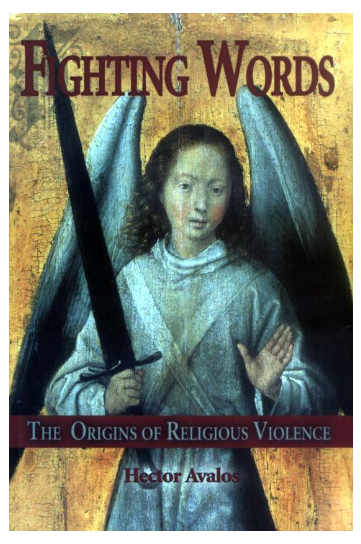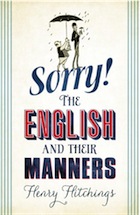
I used to think morality was a distinctively human attribute but no more. To tell the complete story I really believed morality was unique to humans and divinities or spirits of some kind. This led to unresolvable problems that hurt my head, such as:
- Why does a good sleep or healthy diet have such a profound effect on moral behaviour of so many of us?
- Is not our morality supposedly a non-physical phenomenon we can control by our means of strong character? It’s because we are responsible for our actions that we punish those who do bad things, isn’t it? But what do we do with research that shows bad behaviour is related to chemical imbalances or other nasties in our bodies?
- How does God judge wicked deeds and motives if they could be avoided or change by a simple tinkering of a chemical balance in the brain?
Would a more rational list of Ten Commandments include things like
Thou shalt not eat meat sacrificed at MacDonalds. I will utterly blot out the remembrance of MacDonalds from under heaven.
Thy hoary heads shalt nap at noon for the Ancient of Days napped at noon.
We change. I no longer think our “moral nature” sets us apart from other animals at all. I’ve posted on this a few times now. One of my recent posts referred to Steve Wiggins’ review of Moral Animals on his Sects and Violence in the Ancient World blog. Love the title.
Another blog that I’ve discovered and enjoy exploring is aperi mentis. It’s Latin for “open your mind”. Another great title. Its byline:
a blog dedicated to the exploration of science, humanism & rationality (with a scattering of history and linguistics)
Lots of my favourite goodies there! He also has a post on the gospels: Continue reading “Morality: Why and What Is It? (And more blog serendipity)”











